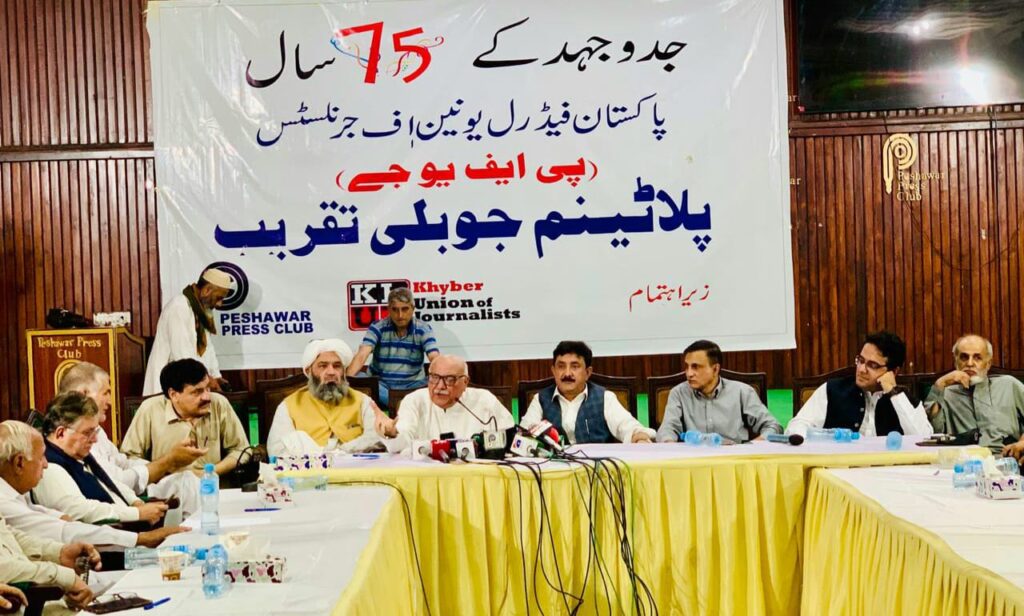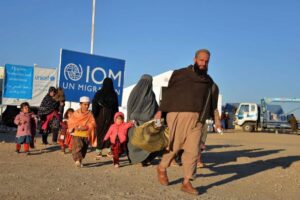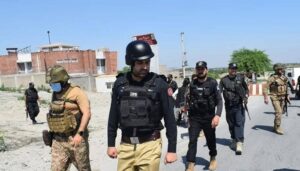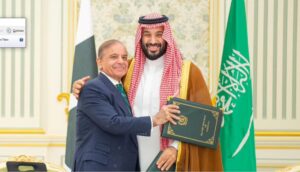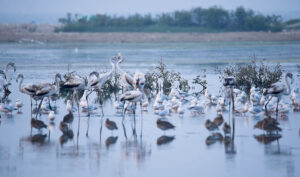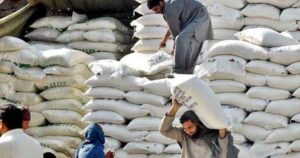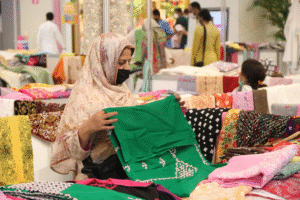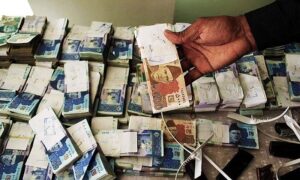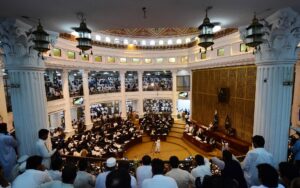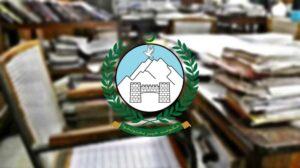PESHAWAR — The walls of the Peshawar Press Club (PPC) still bear the scars — if not physically, then in memory. In December 2009, a suicide bomber rammed through the main gate, hoping to shatter not just concrete, but the will of the press. He failed.
Fifteen years later, in the same courtyard, journalists gathered again — not in mourning, but in defiance. The occasion: 75 years of the Pakistan Federal Union of Journalists (PFUJ), a timeline that mirrors Pakistan’s own uneasy dance with democracy, dissent, and the definition of freedom.
The Khyber Union of Journalists (KhUJ), one of the most vocal arms of the PFUJ, convened the event in collaboration with the PPC. There were no banners of corporate sponsors, no speeches diluted by officialdom. Only stories. Stories of censorship, arrests, court notices, exile, and the weight of holding power accountable.
“We are still living in the shadow of dictatorships,” said Kashifuddin Syed, President of KhUJ, in his opening address. “Today, the repression is cloaked in democratic clothing. Journalists are being laid off, pushed out, silenced — not with batons but with legal notices, blackmail, and economic suffocation.”
Kashifuddin’s remarks, though directed at the present, echoed the union’s long and bitter past: arrests under General Ayub Khan’s military dictatorship, public floggings during General Zia ul Haq’s regime, newsprint bans in Zulfiqar Ali Bhutto’s era, and more recently, the digital stranglehold through Prevention of Electronic Crimes Act (PECA).
Shamim Shahid, a veteran journalist and living archive of Pakistan’s press history, provided the historical spine of the conversation. He recalled how the PFUJ was born out of necessity, to counter state coercion and to build unity among divided newsrooms.
“In the 1970s, we had one enemy — authoritarianism,” Shamim Shahid said. “But today, it’s multifaceted: media owners aligned with political parties, unannounced censorship, foreign-funded narratives, and algorithms designed to silence truth.”
Sitting alongside him was Tahir Khan, known for his deep sources within conflict zones and a reputation for balanced, fearless reporting. “The state has created a new kind of media martial law,” he said. ” Self-censorship is the default now. Journalists don’t need to be told what not to report. They already know the red lines — and they’re constantly moving.”
Those red lines — sometimes enforced by state institutions, sometimes by commercial interests — have led to what many speakers described as the “fragmentation” of the media landscape. But even amidst this, the gathering insisted, the spirit of resistance persists.
M. Riaz, President of the PPC, invoked one of the most painful days in the club’s history: “On 22 December 2009, a suicide bomber blew himself up right outside these gates. We lost journalists. But the newsroom didn’t close. The next morning’s newspaper went to print.”
That kind of resolve, said several attendees, was born of solidarity — something the PFUJ has historically offered during dark times. A similar sentiment came from Dr. Syed Akhtar Ali Shah, a former police official and journalist. “The reason journalists were able to face dictatorships in 1977 was because they stood united. It was their collective resistance that forced power to listen.”
Politicians, too, found space to speak — though their presence was sparse. Among them, Awami National Party (ANP) leader Mian Iftikhar Hussain, himself a survivor of militant threats and political violence, noted the intertwined fates of journalists and democracy.
“I’ve lost a son to terrorism,” he said quietly. ” So I know what it means to speak despite fear. Journalists have faced the same terror — sometimes more. But they don’t carry guns. They carry truths.”
Tariq Khan of the Qaumi Watan Party offered praise for the enduring presence of press unions. “If the PFUJ hadn’t been there, journalists would have been crushed long ago. Their courage has shaped this nation’s conscience.”
Jamiat Ulema-e-Islam-Fazl leader Abdul Jalil Jan, rarely seen at press freedom events, acknowledged the moral authority of journalists in society. “Political workers may retreat. Journalists cannot. That is why they are targeted first — because they expose what others wish to hide.”
The presence of minority leader Baba Gopal Singh added another layer to the gathering’s inclusivity. “When others were silent during sectarian violence,” he said, ” it was the journalists — regardless of their faith — who spoke up for all of us. That is real courage.”
As the ceremony edged toward conclusion, senior journalists Mahmood Jan Babar, Syed Zulfiqar Shah, Ihtisham Toru, and Nasir Hussain spoke — not from prepared notes, but from lived experience. Their message: the past has scars, but the future cannot afford silence.
A commemorative shield was presented by KhUJ to the Peshawar Press Club, a symbolic reminder of shared struggle. But what resonated more was not a plaque — it was the unsaid understanding in the room: the fight is far from over.

